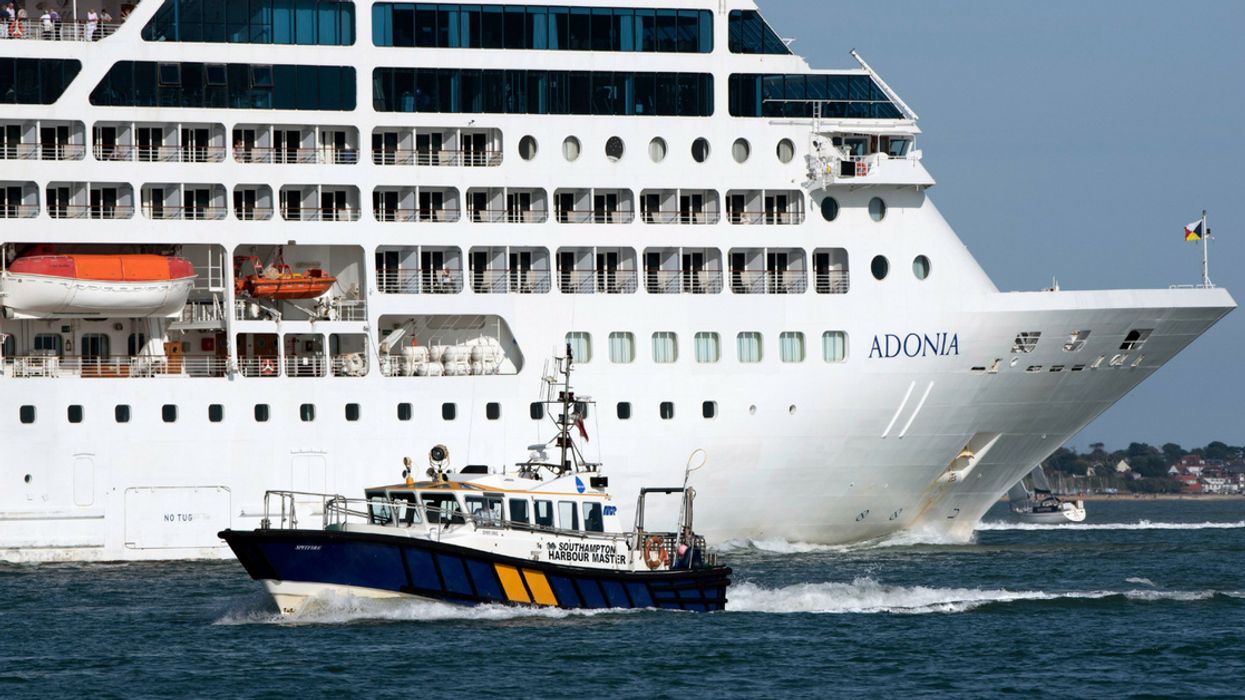On June 30, a Norwegian Cruise Line crew member fell overboard in the sea north of Cuba and was rescued a day later by another cruise ship.
The unnamed survivor is in stable condition, and Christine Duffy, president of Carnival Cruise Line, said the rescue was considered "nothing short of miraculous."
The incident begged the question: how often do these incidents occur at sea and what is the survival rate?
A report in Quartzy had some interesting facts,
Although there are no official cruise industry reports on the number of man overboard (MOB) incidents, Ross Klein, an academic at Memorial University of Newfoundland, gathered data from various news reports and discovered there were approximately 314 MOB cases since 2000.
While the number seems staggering at first glance, it's not as high as you think.
Within context, the statistics are considered low. For example, Carnival Cruise Line carries 11.5 million passengers a year. In 2017, the cruise line reported four incidents of MOB.
In most cases, The Cruise Line International Association reported that cruise lines are not held accountable, even though they are obligated to ensure the safety of passengers. Investigations find most MOB incidents are the result of reckless behavior, heavy intoxication, or suicide attempts.
According to STFB Law, most of the deaths occurred during rescue attempts.
Though 60 percent of overboard deaths occur in the first few minutes of being in the water (often due to the temperature or fractures from the landing), 1 in 5 overboard deaths occur during the rescue.
Heaven forbid, If you do find yourself adrift at sea, many articles inform waterborne guests to remain calm. Mike Tipton, professor at Portsmouth University and author of "Essentials of Sea Survival" advised:
Although it's counterintuitive, the best immediate course of action in that situation is to fight your instinct and try to float or rest, just for a short time. The effects of cold water shock will pass quite quickly, within 60 to 90 seconds. Floating for this short time will let you regain control of your breathing and your survival chances will greatly increase.
Overall, the biggest contributing factor for a perilous plunge is intoxication. One woman was reportedly so tipsy, she lost her footing and managed to fall over the railing into the depths below. Although she was rescued, it didn't prevent her from suing the cruise line for taking too long to rescue her.
Drinking responsibly isn't a rule exclusive to landlubbers; it's equally crucial for tourists at sea.









 Replying to @StefanMolyneux/X
Replying to @StefanMolyneux/X Replying to @StefanMolyneux/X
Replying to @StefanMolyneux/X Replying to @StefanMolyneux/X
Replying to @StefanMolyneux/X Replying to @StefanMolyneux/X
Replying to @StefanMolyneux/X








 Playing Happy Children GIF by MOODMAN
Playing Happy Children GIF by MOODMAN  May The Fourth Be With You
May The Fourth Be With You 
 Nhh GIF by New Harmony High School
Nhh GIF by New Harmony High School